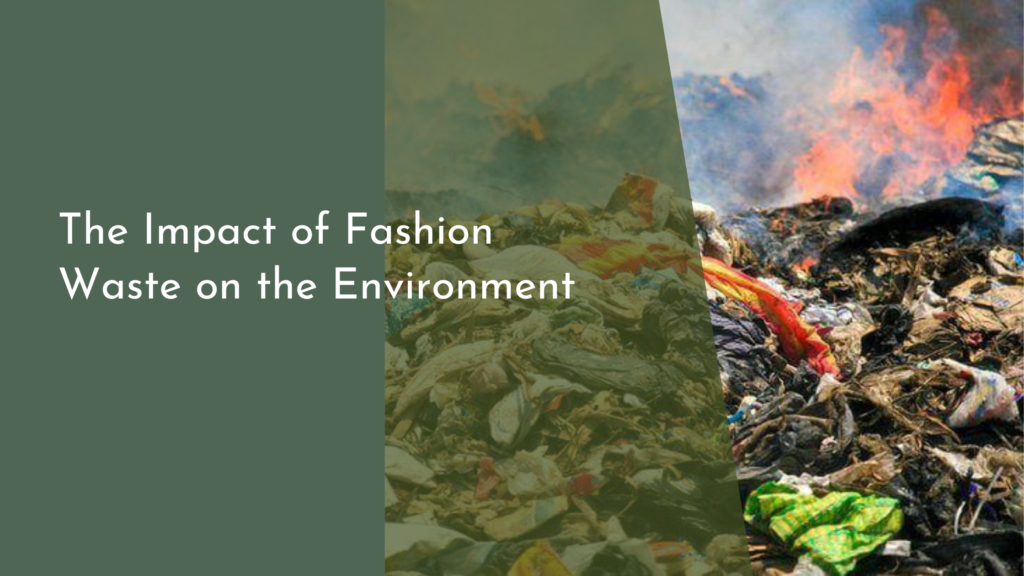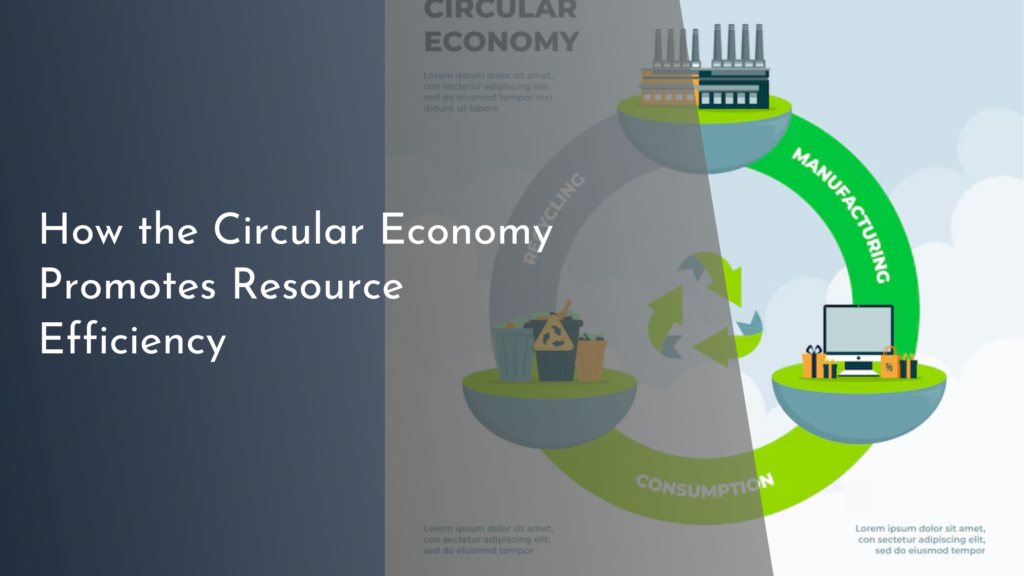Sustainable Dining and Food Waste Reduction
In an increasingly eco-conscious world, sustainable dining and food waste reduction have emerged as pivotal elements in the quest for environmental responsibility. As global populations grow and resources become more precious, the need to rethink how we consume and manage food is more urgent than ever. This article delves into the essence of sustainable dining practices, explores innovative techniques to curtail food waste, highlights the influence of technology in these efforts, and showcases community initiatives championing sustainability. Join us in discovering how each of us can contribute to a healthier planet through mindful eating and waste management.
Understanding Sustainable Dining Practices
Sustainable dining practices encompass a holistic approach to food consumption that prioritizes environmental health, social equity, and economic viability. At its core, this means making conscious choices about the food we eat and the sources from which we procure it. Opting for locally sourced, organic produce reduces the carbon footprint associated with transportation and supports local farmers, ensuring that money spent on food circulates within local economies. Additionally, selecting plant-based meals can significantly decrease carbon emissions, as the production of plant-based foods generally requires fewer natural resources than animal-based fare.
Moreover, sustainable dining also involves considering the seasonality of ingredients. Eating seasonally not only guarantees fresher, more flavorful ingredients but also cuts down on the environmental costs associated with growing and transporting out-of-season produce. This practice encourages consumers to diversify their diets and explore new flavors, which can make dining experiences both exciting and environmentally friendly. By embedding these practices into our dining habits, we can contribute to a more sustainable food system that benefits people and the planet.
Innovative Approaches to Minimizing Food Waste
Reducing food waste requires innovative thinking and creative strategies to ensure that edible food does not end up in landfills. One approach gaining traction is the adoption of "nose-to-tail" or "root-to-stem" cooking, which emphasizes using every part of an ingredient to minimize discards. Chefs and home cooks alike are finding ways to incorporate typically discarded parts of food, such as stems, leaves, and skins, into delicious meals, thereby reducing waste and creating nutrient-rich dishes.
Another innovative strategy involves redistributing surplus food to those in need, often through partnerships with local food banks and shelters. Businesses and individuals can collaborate to donate excess food rather than disposing of it. Some restaurants and cafes offer "pay what you can" meals, where excess or imperfect ingredients are transformed into nutritious meals for the community, ensuring that surplus food reaches those who can benefit from it. These approaches not only reduce waste but also address food insecurity, making them an integral part of a comprehensive sustainability strategy.
The Role of Technology in Waste Reduction
Technology is playing an increasingly important role in waste reduction, offering new tools and solutions to help both consumers and businesses manage food waste more effectively. For instance, apps like Too Good To Go and Olio connect consumers with restaurants and stores offering discounted prices on surplus food, encouraging consumers to save money while preventing food waste. These platforms not only help reduce waste but also educate consumers about food sustainability, fostering a culture of awareness and responsibility.
Moreover, advancements in smart kitchen technology are empowering individuals to better manage their food inventory at home. Smart refrigerators and pantry apps can track expiration dates and suggest recipes based on available ingredients, helping minimize waste by encouraging timely consumption. Additionally, data analytics tools are enabling restaurants to track and analyze their food waste, offering insights on wastage patterns and helping them implement effective waste reduction strategies. Through the application of technology, we can make significant strides in reducing food waste on both individual and collective levels.
Community Initiatives Promoting Sustainability
Across the globe, community initiatives are pivotal in promoting sustainable dining and food waste reduction, often serving as incubators for innovation and education. Community-supported agriculture (CSA) programs are a prime example, where consumers subscribe to receive seasonal produce directly from local farmers. This model not only supports local agriculture but also reduces waste by tailoring production to meet community demand, thus decreasing the likelihood of surplus.
Community gardens and composting initiatives are also gaining momentum, encouraging residents to grow their own produce and recycle organic waste. These programs educate participants about the benefits of composting, which turns food scraps into nutrient-rich soil for gardening, thus closing the loop in the food cycle. Many towns and cities also organize workshops and events that focus on sustainable cooking, food preservation techniques, and zero-waste lifestyles, fostering a community-driven approach to sustainability. These initiatives not only build a sense of community but also empower individuals to make a tangible impact on environmental health.
As awareness of environmental issues continues to rise, sustainable dining and food waste reduction are becoming increasingly important aspects of our daily lives. By adopting sustainable dining practices, embracing innovative waste reduction strategies, leveraging technology, and participating in community initiatives, we can all contribute to a healthier, more sustainable planet. Each small change and mindful choice adds up to make a significant impact, allowing us to preserve our resources for future generations. Let us embrace sustainable dining not only as a trend but as a necessary step towards a more sustainable and equitable world.



